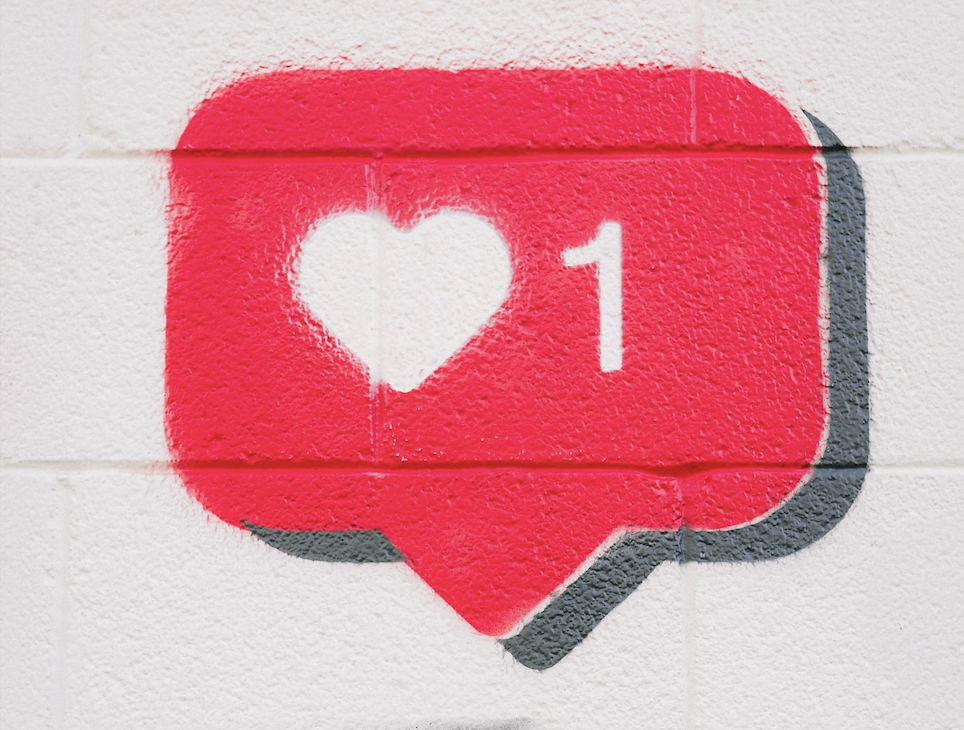January’s comms mishaps show why PR needs more empathy
We’re only three weeks in, yet 2022 hasn’t been short of comms blunders. Boris is still scratching his head over what defines a ‘party’, Ovo Energy told customers to star jump when they can’t afford heating, and the internet rebranded Molly-Mae Hague to ‘Molly-Mae Thatcher’ after her episode on Steven Bartlett’s Diary of a CEO podcast.
I wrote a blog for Velvet PR in February 2020 on reputation management in the era of cancel culture. But things have changed – a lot. A global pandemic, Black Lives Matter and TikTok happened. And it’s happened concurrently with billionaires like Jeff Bezos, Mark Zuckerberg, and Elon Musk doubling their collective income while the planet burns.
As a result, the fumbles I’ve listed sit in a different lane. Audiences aren’t merely dismissing them as irritating, like that tone-deaf celeb cover of Imagine in March 2020. This time people are outraged.
NHS and other key workers kept the wheels of the country going during the pandemic, but they’re more likely to suffer from rising energy bills and don’t have the same ‘24 hours’ to build an influencer brand. This collective awareness made the comments and actions from BoJo, Molly-Mae and Ovo leave a nasty taste.
In Molly-Mae’s case, she believes her achievements are because of her work ethic. That anyone who matches this can be the creative director of Pretty Little Thing too, a fast-fashion brand that ironically overworks its factory staff for less than minimum wage. An unfortunate clip of her in its factory joking that she’d be ‘on the floor’ after a twelve-hour shift has since been unearthed.
Hague and her team fell short of assessing what PRs call PEST (political, economic, social and technology) context issues that inform how stakeholders think, and which should have guided her responses on the podcast. Her ‘girl-boss’ bravado might have been a no-brainer ten years ago, but now that tackling global problems like inequality and climate change are cornerstones to most brand and business models, promoting individualism just looks greedy.
But a large part of the problem has been her response – or lack of. Instead of a rapid-fire direct from the source, her comms team issued one. We didn’t know how Molly-Mae felt until a days-late statement read: ‘I apologise to the people that have been negatively affected or misunderstood the meaning of what I said.’ It reeks of a customer service worker saying ‘I’m sorry you feel that way’ when asking for a refund – just token.
In comparison, the controversial CEO of Ovo, Stephen Fitzpatrick, has come out almost unscathed. As Emily Luscbombe raised in her PR Week piece, his genuine humility, accountability, and the speed of his response has helped save face.
Moreover, Fitzpatrick opted for a live TV interview with the BBC to address the scandal. Being grilled by a journalist in a live conversation ranks him high on the authenticity scale, and it’s likely he’d have specific actions in his back pocket in case of challenging questions. The reassurance this gives to current and potential customers shows why a paragraph on Instagram Stories just doesn’t cut the mustard.
The Molly-Mae brand has successfully balanced on a tightrope between glamour and relatability; Kardashian-ised Instagram posts and TikTok creators relying on LOLs. Many have tried and failed to replicate, so she’ll likely weather this storm. But she’s also not exempt from a crisis. Immediately acknowledging the part her privilege plays in success and backing an apology with actions, such as using her influence to transform the endemically cruel fast-fashion supply chain, should’ve been a first port of call.
The world might have changed since my aforementioned blog, but the textbook rules of PR still apply: it’s all about championing what you’ve learned – and earned.

